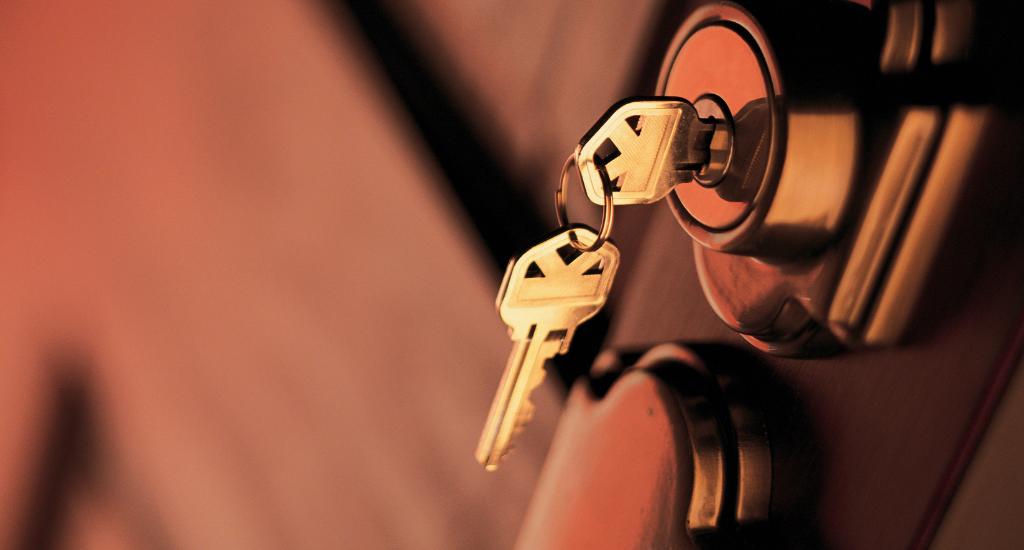Locks play a crucial role in our daily lives, providing security and peace of mind whether in our homes, offices, or vehicles. However, like any mechanical device, locks require proper care and maintenance to ensure their longevity and optimal performance. Neglecting lock maintenance can lead to frustrating malfunctions and compromises in security.
In this article, we will explore essential tips for lock maintenance, ranging from understanding different lock types to advanced care techniques and preventive measures.
Understanding Different Types of Locks
Before delving into lock maintenance, it’s essential to have a basic understanding of the various types of locks you might encounter. There are padlocks, deadbolts, cylinder locks, and more, each with its unique mechanism. Knowing the type of lock you have is crucial as different locks may require different maintenance approaches. Take some time to research and identify the specific type of lock you are dealing with before proceeding with maintenance.
Signs of Lock Wear and Tear
Recognizing the signs of wear and tear in your locks is the first step toward effective maintenance. Common indications include difficulties in turning the key, a key sticking or jamming inside the lock, a loose or wobbly lock, rust or corrosion on the lock mechanism, and unusual sounds during key insertion or turning. Pay attention to these signs and address them promptly to prevent further damage.
Basic Lock Maintenance Procedures
✔ Regular Cleaning |
| Dust and debris can accumulate inside locks over time, causing them to malfunction. To prevent this, clean your locks regularly using appropriate cleaning agents and tools. Be sure to employ proper techniques, especially for delicate components, to avoid causing damage. |
✔ Lubrication |
| Proper lubrication is essential for smooth lock operation. Choose the right lubricant, such as graphite or silicone-based options, and apply it carefully to the lock mechanism. This prevents friction and ensures that the key turns effortlessly. |
✔ Tightening Loose Components |
| As locks are used, screws and other components can become loose, affecting the lock’s performance. Regularly inspect your locks and tighten any loose screws using the appropriate tools. This simple step can prevent more significant issues down the road. |
Advanced Lock Care Techniques
| Rekeying and Changing Locks | Rekeying your locks is essential, especially when moving into a new property. This process involves changing the lock’s internal components to work with a new key while keeping the existing lock body. Additionally, consider changing locks entirely if you want to enhance your security. |
| Dealing with Frozen Locks | Cold weather can cause locks to freeze, rendering them inoperable. Prevent this by using a lubricant specifically designed to withstand low temperatures. If a lock does freeze, use a lock de-icer or carefully heat the key before inserting it. |
| Repairing Minor Issues | Some lock issues can be resolved without professional help. For instance, if a key breaks off inside a lock, you can use specialized tools to extract it. Similarly, if your lock’s components become misaligned, you can realign them yourself with patience and precision. |
Preventive Measures for Prolonged Lock Life
| Key Maintenance | Take care of your keys by keeping them clean and free from damage. Avoid forcing a key into a lock, as this can lead to bending or breakage. |
| Regular Inspections | Set a schedule for lock maintenance checks. During these inspections, look for signs of wear and tear and address them promptly. Identifying and resolving issues early can save you from more extensive and costly repairs. |
| Weatherproofing Outdoor Locks | If you have outdoor locks exposed to the elements, consider installing protective covers or seals. Weatherproofing your locks helps prevent rust and corrosion, preserving their functionality. |
When to Call a Professional Locksmith
While many lock maintenance tasks can be performed by individuals with some DIY skills, there are times when it’s best to seek the expertise of a professional locksmith. Complex lock issues, such as major malfunctions or extensive damage, are best left to professionals. A reliable locksmith can diagnose and fix these issues efficiently, ensuring the continued security of your property.
Lock Maintenance – Your Key to Security
Maintaining your locks might seem like a small task, but it’s a vital part of ensuring the security and functionality of your home, office, or vehicle. By understanding the different types of locks, recognizing signs of wear and tear, and performing basic and advanced maintenance techniques, you can prolong the life of your locks and enjoy the peace of mind that comes with knowing your property is well-protected.
Remember, lock maintenance is not just about fixing problems when they arise; it’s also about taking preventive measures to avoid issues in the first place. By following the tips outlined in this article and being proactive in caring for your locks, you can avoid costly repairs and ensure that your locks serve you reliably for years to come. So, take the time to invest in lock maintenance – your security is worth it.

Moran Eliezer is the visionary founder of AAA Mega Locksmiths, a trusted name in Coral Springs, FL, and surrounding communities including Coconut Creek, Margate, and Pompano Beach. With over 15 years of hands-on experience, Moran merges traditional locksmithing with modern solutions, ensuring every lock is robust and customer-focused. From residential security to commercial systems and automotive lock issues, Moran’s unwavering commitment to affordability, integrity, and customer satisfaction has solidified AAA Mega Locksmiths’ reputation. His forward-thinking approach, including cutting-edge technologies, keeps the company at the industry’s forefront. Whether responding to emergency lockouts or installing high-security systems, Moran’s meticulous attention to detail assures clients their needs are met with precision and care. As a family-owned business, AAA Mega Locksmiths reflects Moran’s philosophy of trust, reliability, and personalized service—qualities that define him as an authority in locksmith solutions.

